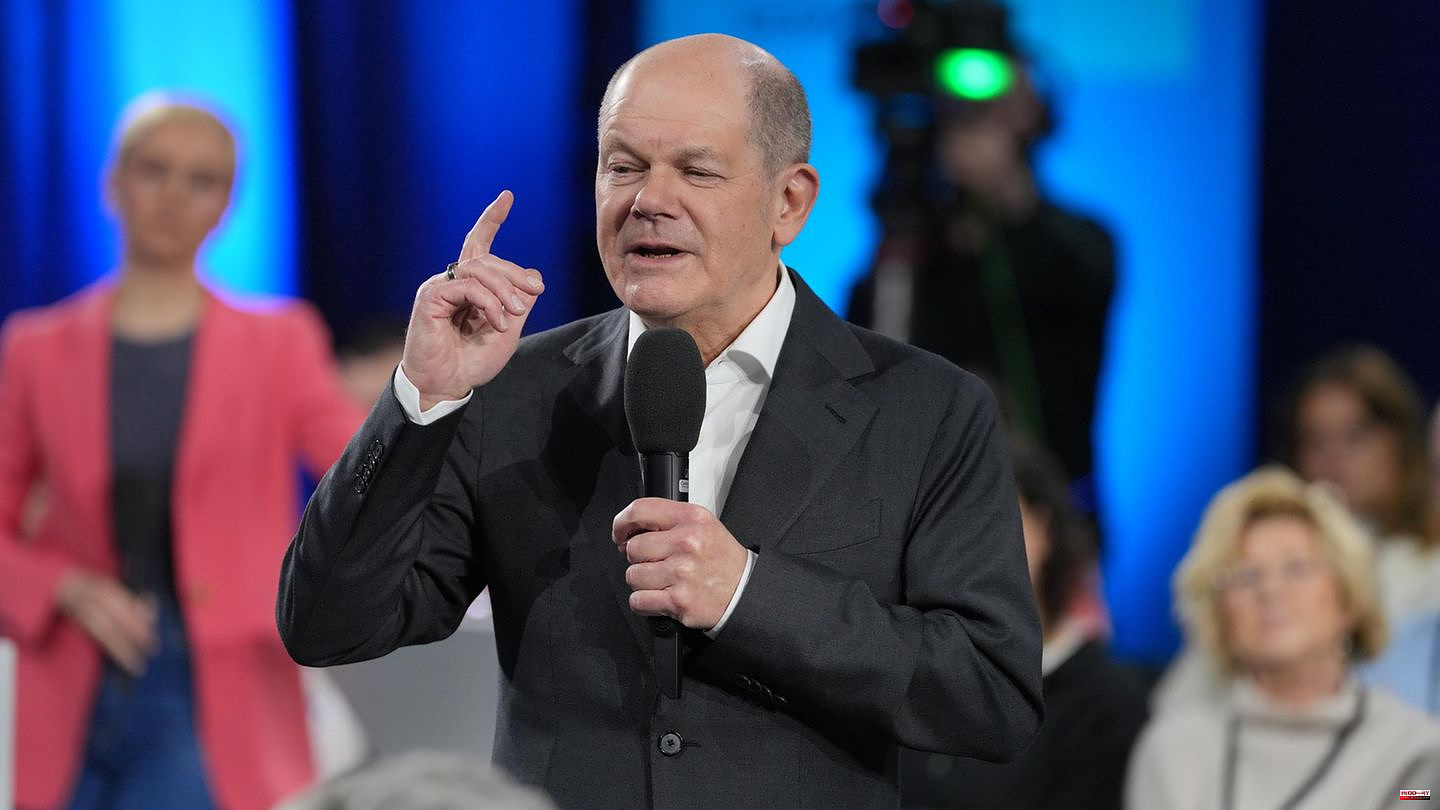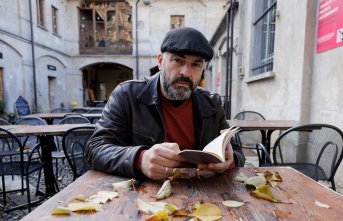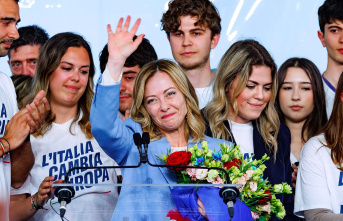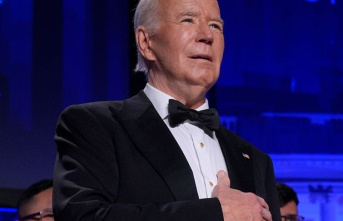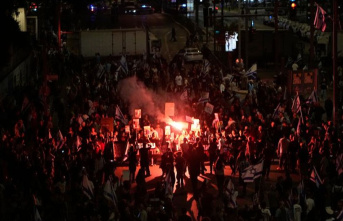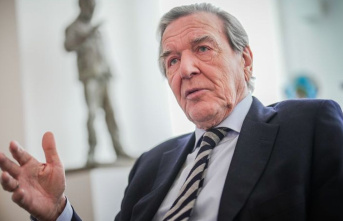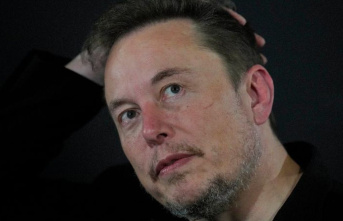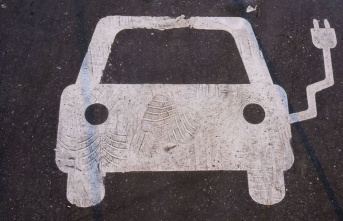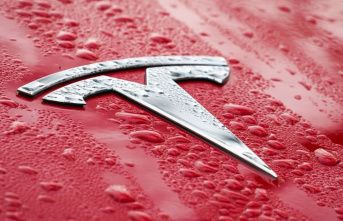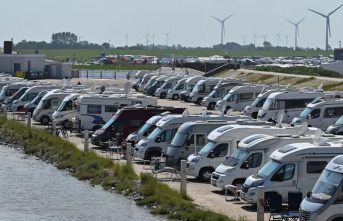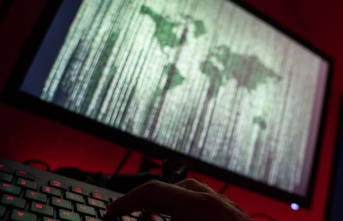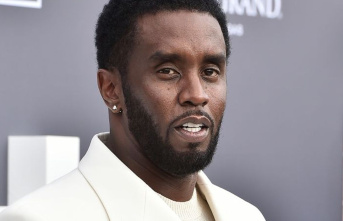The Chancellor kneads the microphone again. Ouch, what's next? When Olaf Scholz plays around with the fluffy noise protection, he is often asked difficult questions - which occasionally elicit clear confessions from him. Only recently, after truly careful consideration, did he knead his "no" to the delivery of "Taurus" cruise missiles to Kiev out of the foam. So what causes this microphone massage?
Numerous questions about the level of pensions, the controversial increase in citizens' allowances or the lack of affordable housing - practically everything that concerns citizens at the moment. You could also say: It's about classic SPD issues where things could be audibly better.
What now, Mr. Chancellor?
Citizens' dialogue in Brandenburg an der Havel. Around 160 randomly selected guests have the opportunity to ask the Chancellor their questions for an hour and a half. If you like, the 13th of a total of 16 “Chancellor Talks” – which Scholz takes once to each federal state – is half a home game. His constituency is just around the corner. The fact that he was directly elected in 2021 was “a very moving thing” for him, says a humble Scholz.
But Scholz probably wouldn't be Scholz if he didn't cultivate his image as a chancellor who has everything under control. A selection without any claim to completeness:
"It's our turn," the Chancellor assures a lawyer who is concerned about high care contributions. Rapid subsidies for longer care stays are intended to remedy this.
“We’re looking at it,” says Scholz to a social worker who would like to see greater support for electromobility. The Chancellor believes that electric cars must above all be made affordable, but he is in good spirits about that.
And the housing construction that isn't getting off the ground? One of the “most important concerns” in his political career, says Scholz. More building land needs to be found - and where the need is particularly great, completely new districts should be created.
That sounds like a head of government with a can-do mentality - who can't hide one or two delivery difficulties even with a committed answer. According to the surveys, Scholz's performance leaves a lot to be desired in the eyes of most people. The Chancellor certainly benefits from the fact that the event duration of 90 minutes is quite short given the many questions. Questions are not permitted. Apparently there is no enthusiastic applause either: it doesn't come up once after a Chancellor's answer, although Scholz makes an effort to respond to all answers in detail.
But the evening in Brandenburg is definitely a kind of reality check for the Chancellor. Get out of the Berlin bubble and into the everyday worries of the people out there. The ongoing topic of "Taurus" only comes up briefly - when a man begins his question about the expansion of renewable energies with a statement of respect for Scholz for not having supplied the far-reaching and powerful weapon. “Thank you very much for the question,” says Scholz, “and also for the friendly comment at the beginning.” And now to the network fees…
For Scholz, the Chancellor's conversation in Brandenburg is also an entertaining escape from a debate that, in his view, cannot be surpassed in terms of ridiculousness, as he recently complained. It's just stupid that it gives his SPD a slight increase in the polls. At least many comrades are firmly convinced that parliamentary group leader Rolf Mützenich made a winning point when he suggested in the Bundestag that they also think about "freezing" the war in Ukraine - and not just about the annoying "T" word. The idea resulted in a heated debate, not least among coalition partners shaking their heads. Just not in Brandenburg, it seems: This topic doesn't play a role in the Chancellor's conversation either.
There were no major controversies that evening, but the Chancellor still regularly got into trouble. If the “firewall” against the right-wing populist AfD is called into question, which Scholz believes is needed: the Basic Law was “hard-fought”, Scholz does not want to give it up without a fight. Or when he defends the controversial increase in citizen's allowance, which a pensioner finds unfair: After all, she has worked hard all her life, while others - according to her impression - simply get more money. Scholz explains that the increase is linked to inflation, predicts a zero round for the coming year and assures that so-called "total refusers" ("those who slog through") will have their benefits reduced in the future if they refuse to work again.
But things only really get heated when a question about the Middle East war is asked. A woman accuses the federal government of acting "hypocritically" - because it would not call for a strict ceasefire despite the humanitarian need in the Gaza Strip, but at the same time it was supplying weapons to Israel and dropping "a few tons of food" on the trouble spot. A drop in the ocean, says the concerned woman from Brandenburg.
Scholz takes his time for his answer and goes on a long way. He emphasizes support for Israel, which has every right to defend itself after the brutal attack by the terrorist militia Hamas. But also that “of course everything” must be done to ensure that the people in Gaza do not starve. A communicative balancing act that Scholz will also be familiar with from the Ukraine war.
Scholz demands that more food and medicine should reach Gaza, "at least 500 trucks" per day, so that innocent civilians do not suffer and die. That was also one of the “main points” that he discussed with Prime Minister Benjamin Netanyahu during his recent visit to Israel. He explains that he "deliberately" held a press conference there in English "so that everyone in Israel would understand it." The German Chancellor believes that, especially as a friend, one should speak “clear words”. This also includes: The two-state solution remains a “necessary perspective”.
At the end of the evening, the Chancellor grants a bonus question. The 90 minutes have long been exceeded. But Scholz would like to answer. Is the “Taurus” coming now, the “freezing” of the Ukraine war?
No, a man wants to know from the Chancellor why civil servants don't have to pay into the pension fund. Kind of unfair, right? It is questions like these that are of interest this evening.

